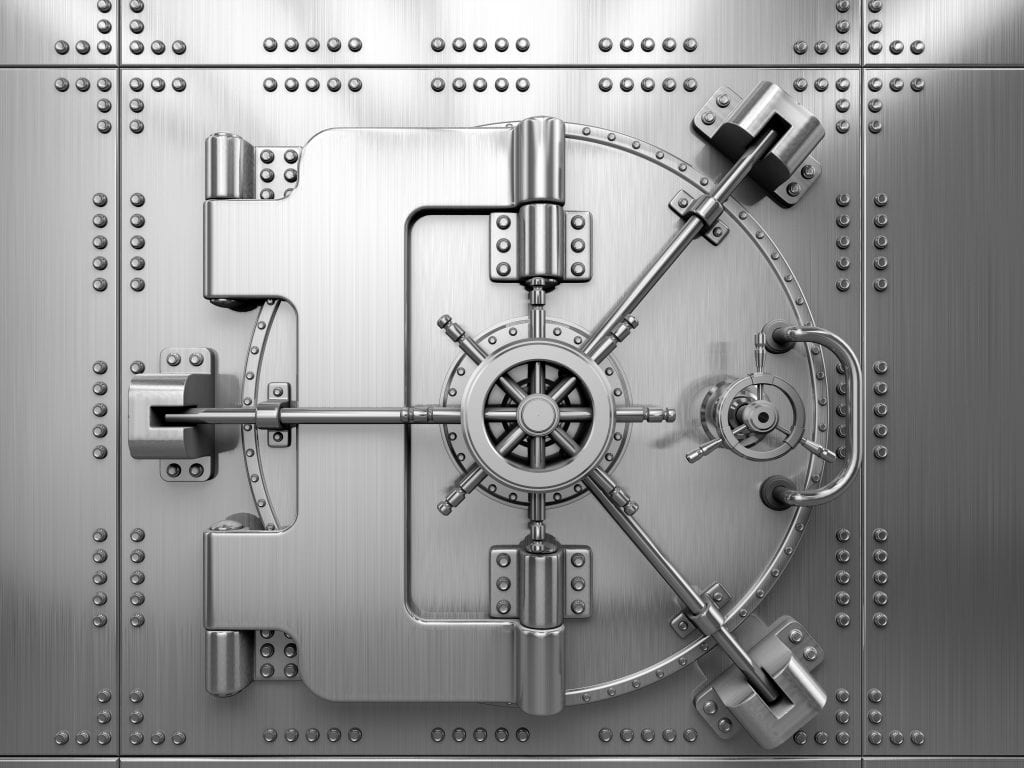The article helps to deconstruct the terminology used in reference to usage and safeguarding of funds as digital banking and its avenues become widespread. The author does well to frame the discussion in terms that many users understand.
For instance, e-wallet being offered by any bank is essentially a digital bank account through which one could pay bills to service providers and make banking and financial transactions. One can do so through an internet-enabled smartphone, a laptop or a desktop computer.
Mercator Advisory Group agrees with the simplification of terms and applauds the efforts to bring more general explanation to what is in some cases being assumed to be a universally understood process underway globally. The rapid uptake of digital banking across both developed and emerging economies will place market participants on a level playing field regardless of their physical location provided access to digital communications. The ongoing migration of money to digital forms will further enable a global economy.
However, the associated evaporation of direct local control by national and regional governments is giving rise the formulation of non-standardized regulations for financial institutions in an effort to re-assert local controls. It is no coincidence that Bitcoin, the most well-known super-national crypto-currency, has been trending upward in value relative to national currencies as a response. It may just be the increased parochialization of national banking systems will provide Bitcoin the required impetus to become a base currency for digital wallets.
Overview by Joseph Walent, Associate Director, Customer Interactions Advisory Service at Mercator Advisory Group
Read the full story here
